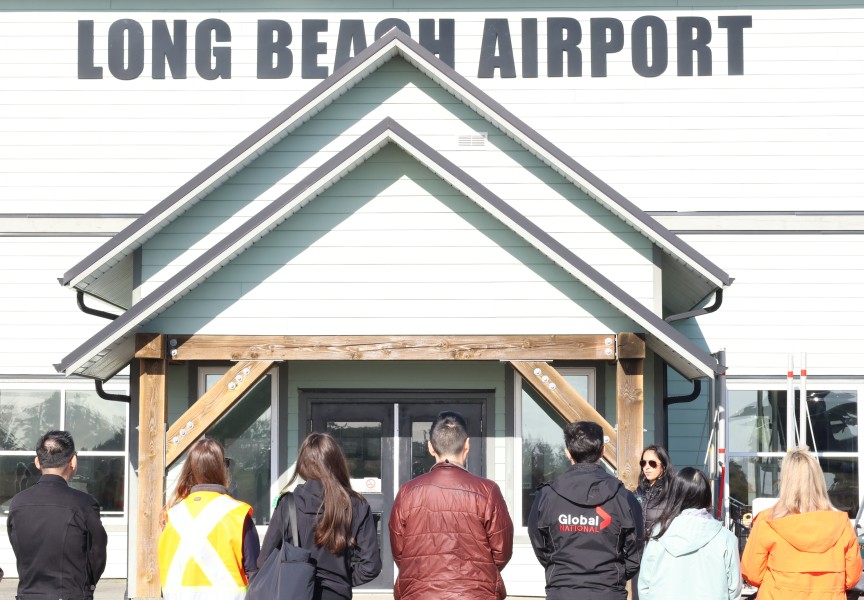Since March 2015, the five Nuu-chah-nulth Nations—Ahousaht, Ehattesaht/Chinehkint, Hesquiaht, Mowachaht/Muchalaht, and Tla-o-qui-aht—have been in the BC Supreme Court (BCSC) seeking implementation and full recognition of their proven Aboriginal rights to fish and sell fish from their Ha‑houlthee on the west coast of Vancouver Island.
The trial resumed in September after a two-month summer adjournment and had reached day 87 at the time of this writing, not counting the 123 days of the first phase of the trial that ended in 2009. In this trial phase, Canada must prove that DFO’s past and on-going infringements of the Nations’ Aboriginal fishing rights can be justified by Canada’s legislative responsibilities or Canada’s responsibility to balance societal interests.
In the 2009 decision of the BCSC, the court recognized the five Nuu‑chah-nulth Nations have constitutionally-protected Aboriginal rights to fish and sell fish. This right was subsequently upheld in appeals by Canada to the BC Court of Appeal and the Supreme Court of Canada. The BCSC trial decision also found that the Aboriginal fishing rights of Nuu-chah-nulth First Nations had been infringed by DFO’s policies and regulations.
The Courts provided the five Nations and Canada two-and-a-half years to negotiate a “new fisheries regime” which recognizes and accommodates the Aboriginal rights of the five Nations. Following the 2009 decision, the Nations dedicated significant work to develop fishing plans that, if implemented, would see their members exercise their rights and participate in the abundant fisheries on the WCVI.
“The T’aaq-wiihak Nations are seeking reasonable opportunities to restore our fishing traditions and create economic opportunities for our communities,” said Francis Frank, Chief Councillor for Tla-o-qui-aht First Nation. “Local municipalities strongly support the Nuu-chah-nulth fisheries because these fisheries benefit local economies and contribute to the larger BC economy through increased sales of seafood beyond the west coast of Vancouver Island.”
After five years with no willingness by DFO to accept the Nations’ fishing plans, and with little improvement in fishing opportunities and flexibilities offered by DFO except a salmon demonstration fishery with a small share of chinook, the Nations made the difficult decision to go back to court.
Since the trial began nine months ago Canada has called 24 witnesses. It is expected that the five Nuu-chah-nulth Nations, represented by Mathew Kirchner and Lisa Glowacki from Ratcliff and Company, will begin their case in January.
“The Liberal Party has said it is committed to ‘renewing the Crown’s relationship with First Nations based on recognition and respect of Aboriginal rights…and the decisions of our courts’*,” said Debra Foxcroft, OBC, President, Nuu-chah-nulth Tribal Council. “We call on Canada and Nunavut MP Hunter Tootoo, newly appointed Minister of Fisheries, Oceans, and the Canadian Coast Guard, to take a reasonable, long overdue and less costly approach than the former government and implement Nuu-chah-nulth fishing rights in accordance with previous decisions of the courts. We should be fishing, not be in court.”
*Source: Formal response from the Liberal Party of Canada to a questionnaire from the First Nations Leadership Council, October 8, 2015.






